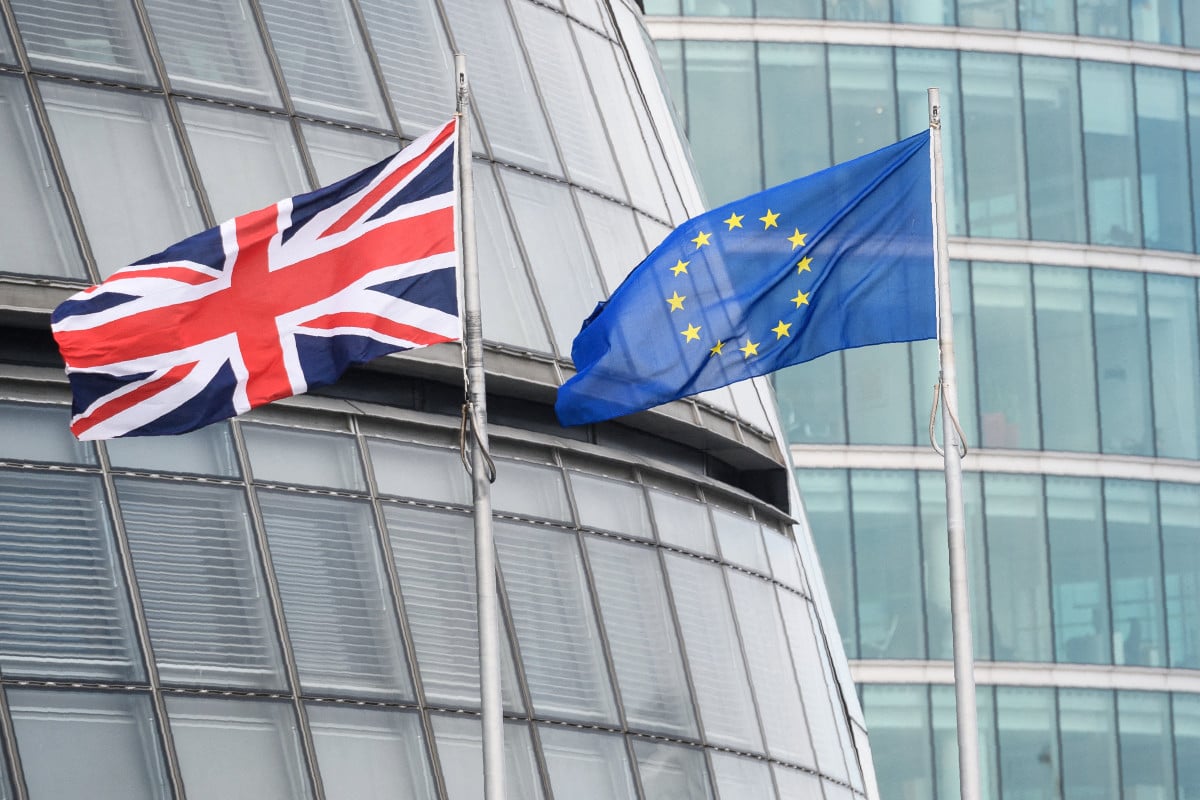Shorouk Express 
The data reveals that more than 110,000 Britons naturalised in EU countries between 2016, the year of the Brexit referendum, and 2023, according to the latest data on citizenship acquisition published by Eurostat, the statistical office of the EU.
Another 11,000 are added if those who were naturalised in Norway (3,864) and Switzerland (7,165) are included.
The data refers doesn’t include those whop naturalised in 2024 and only those who obtained an EU citizenship by residency, rather than by ancestry or marriage. Tens of thousands of Britons have gained Irish passports via ancestry since Brexit.
“The dramatic increase in naturalisation of British citizens across the EU and associated countries is one of the unmistakable effects of Brexit. New [Eurostat] data show that 8 years after the [UK] decided to leave the [EU], we are well over the naturalisation peak of 2019,” said Maarten Vink, Chair in Citizenship Studies and Director of the Global Citizenship research area at the European University Institute in Florence.
Overall, 110,295 Britons living in EU countries took on the nationality of their country of residence in these eight years, according to the figures.
The largest number was recorded in Germany (36,888), followed by France (20,966), Sweden (11,384), the Netherlands (9,000), Belgium (7,741), and Ireland (6,376).
Only 3,010 British residents in Italy became Italian citizens during this period, and 2,363 Britons in Spain, according to Eurostat’s data.
Advertisement
Despite hosting the largest British population in the EU, Spain allows dual citizenship only with certain countries, so Britons would have to give up their UK passport to naturalise there.
Several other European countries have restrictions on dual citizenship. Austria, one of them, recorded 395 naturalisations of British citizens between 2016 and 2023.
Smaller countries in Western Europe recorded a high number of naturalisations of British citizens in relation to the local population: 4,291 in Cyprus, 2,277 in Denmark, 1,984 in Luxembourg, 1,385 in Malta, 1,041 in Portugal and 794 in Greece.
The number was low in Central and Easter Europe, with 285 Britons naturalising in Slovakia over the same period, 267 in Czechia, 257 in Poland, and 230 in Hungary. The figure was proportionally high in Latvia, at 770.
Only 4 British citizens naturalised in Estonia over the eight years, 6 in Lithuania, 11 in Romania, 15 in Bulgaria and 20 in Slovenia, Eurostat data show.
Advertisement
The number of naturalisations increased sharply in 2016, when the UK voted to leave the European Union, as British citizens started to look for ways to secure their rights in their countries of residence.
People obtaining citizenship in an EU member state also automatically acquire EU citizenship, which grants among other things free movement rights across the bloc and electoral rights in local and European elections.
While only around 2,500 UK residents acquired citizenships in other EU member states in 2014 and 2015, the number rose to almost 6,700 in 2016 and reached a peak of 29,842 in 2019, before the UK and the EU reached an agreement on the terms of exit. The number has gradually declined since then and was 6,650 in 2023.
Norway recorded a sharp rise in 2021 (1,578 compared to 230 in 2020, and 1,054 in 2023).
The number of British residents who naturalised in Germany collapsed from 13,675 in 2019 to 235 in 2023, in Sweden from 4,489 to 10.













